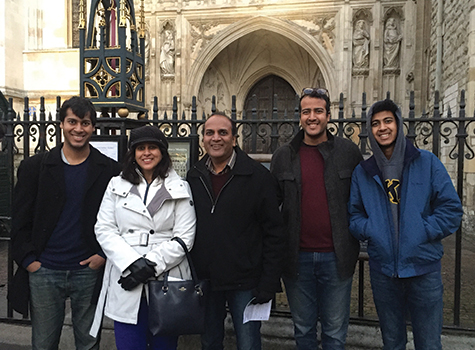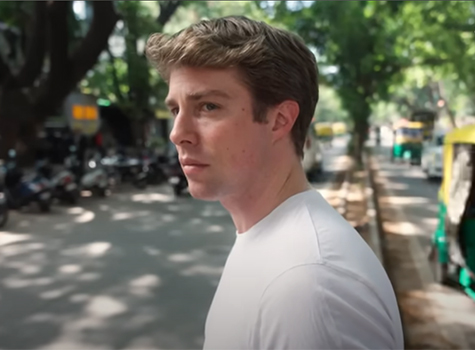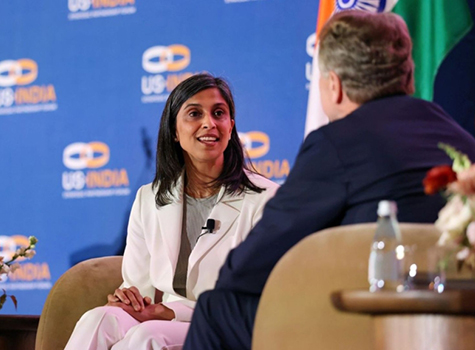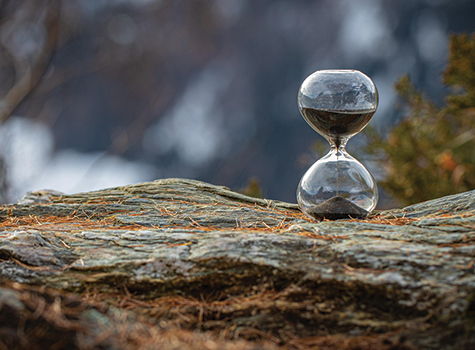
Last month, I helped my youngest son plan his one-week London adventure. It brought back memories of our family trip a few years ago, which was a blast. We stayed at a fancy 4-star hotel in central London, and the best part wasn’t the spacious rooms, but the sign at the door that said £450 (or $520). We scored it for a mere $120! Bargains like that should come with confetti cannons.
Our anniversary is on the day after Christmas. It has turned out to be a blessing because we would always get discount prices for our anniversary gifts. In the UK, they call it Boxing Day, the equivalent of Black Friday (the day after Thanksgiving in the US). It was kind of flattering to have our anniversary named as Boxing Day. It perfectly captures the spirit of our anniversary – good deals and the occasional wrestling match for the last discounted toaster.
During our stay in London, we walked an average of seven miles a day. We would marvel at the fact that there were far fewer overweight people in London. Even if the weather was gloomy and cold, people would just walk everywhere. The energy was also reminiscent of New York City, but with more tea. When we arrived there, we looked up for things to do.
Westminster Abby was one of the highly recommended sites. However, the tickets to Westminster Abby were a whopping $100 for a family of five. However, if you attended the Sunday mass, it was free. So, we saved a bunch of money by switching to Christianity for a day!
We visited two highly recommended museums by Trip Advisor: The British Museum and The Victoria & Albert Museum. I think they are the best museums in all of Europe. You know why? Because they’re free! They have a rich collection of exhibits from all over the world. Most of the exhibits in other sections said, “Donated by Col. Smith.” “Donated by Jones family.” In the South Asian section, they didn’t have the donors’ names. Then I realized there were no donors for them. It would be awkward to say, “Stolen by Col. Smith,” “Robbed by Mr. Johnson,” and “Looted by East India Company.”
We were lucky to get a guided tour at the Victoria & Albert Museum. While the older British lady was giving the tour of the museum, I pointed to the exquisite white nephrite Jade wine cup of Shah Jahan and the colorful 650-year-old Jain paintings and asked, “How did the museum get hold of these items?”
She hesitated and said that they were “acquired” during the colonial times. “Now they are here for the whole world to enjoy!”
“What a benevolent and royal gesture!” I thought. Then I realized that there might be some truth in that comment and recalled of the inability of the Indian government to convince the British Government return the 105-karat Kohinoor diamond now displayed at the Tower of London.
If the British did return Kohinoor or any of the other precious artifacts, I am sure some corrupt politicians would steal them to add to their private collection. I think the undertone of her statement was that it may be better for India that the loot from the British Raj be proudly displayed in London for the whole world to enjoy! I, of course, disagreed with it but didn’t see the point of arguing with her.
Thanks to Trip Advisor, these museums were at par with the Louvre in Paris. In some aspect, they were even better. The Louvre costs about $25 while both these museums were free. Also, the British stole, pardon me, borrowed bigger and better things than the French.
They had a better appreciation of the art, so the quality and quantity of their loot from around the world was far superior to the French or any other country. Implicitly, even Trip Advisor readers agree with it.
I remember the first time I visited London over 25 years ago, I had mixed feelings. Watching the magnificence of Big Ben, the British Parliament, London Bridge, and the marvelous architecture of the buildings in person was a unique experience. Then I found myself getting angry. My mind was filled with this overwhelming thought: “This used to be ours. It was taken away from us forcefully.”
My father, who had lived in the US in the 60’s and 70’s, used to point out the double-sidedness of the American media. He would point out that if the queen of England or any important member of the royal family even sneezes, it would make headlines. In contrast, India would not be viewed as favorably in American media. I had seen this with major publications in the San Francisco Bay Area, as they would consistently ignore the achievements of India, but would highlight the failures. For example, in the 1980’s, when India launched a satellite, it was not mentioned but the following day when they found out that it was malfunctioning, it was highlighted in the front sections of the international news.
I proudly watched India’s recent achievement of landing an unmanned vehicle on the moon, only the fourth country in the world, after the US, the Soviet Union, and China to do that, and the first country in the world to land on the South side of the moon. It was a matter of pride for all of India and the Indian diaspora around the world. It was disappointing that some of the major news channels did not even mention in their nightly broadcast. Maybe this was their own childish way of dealing with jealousy – ignore the achievement of a “3rd world country.”
Although, most of my stand-up comedy is self-deprecating where the target or “the butt of joke” is me or my family members, I am beginning to make jokes about colonialism. Some of them go like this: In 1920, the British Empire covered 1/4th of the total land area of the earth, ruling so many countries. They realized that they were not good at governing other countries, let alone their own country. So, they outsourced the job to an Indian guy. Rishi Sunak.
Another joke, which I am beginning to perform goes like this: In Los Angeles, people are into Intermittent Fasting. Growing up in India, we had Intermittent Fasting. It was called Starvation. British introduced it to us. They had a great sales pitch. “You’re going to love it, mate. You lose weight. We gain pounds.” The British called it Fair Trade. We call it famine.
I get a mixed reaction when I perform these jokes – I am not sure if they are too dark, or they are not relevant to the American audience. Anyway, like most jokes, they need continuous refinement.
I am looking forward to trying it in front of an all-Indian crowd or a mixed crowd with some Indian audience members. It may even be fun trying at some comedy clubs in London. I can try jokes about our Desi Prime Minister there, India’s glorious landing of Chandrayaan-3, or all the stolen, priceless artifacts still in possession by the British. I am looking forward to doing that, after I get an amazing deal with Priceline!
Raajeev Aggerwhil is a Los Angeles-based comedian. Follow him on Instagram @raajeevcomedy.
Subscribe to his YouTube channel at youtube.com/c/raajeevcomedy.



